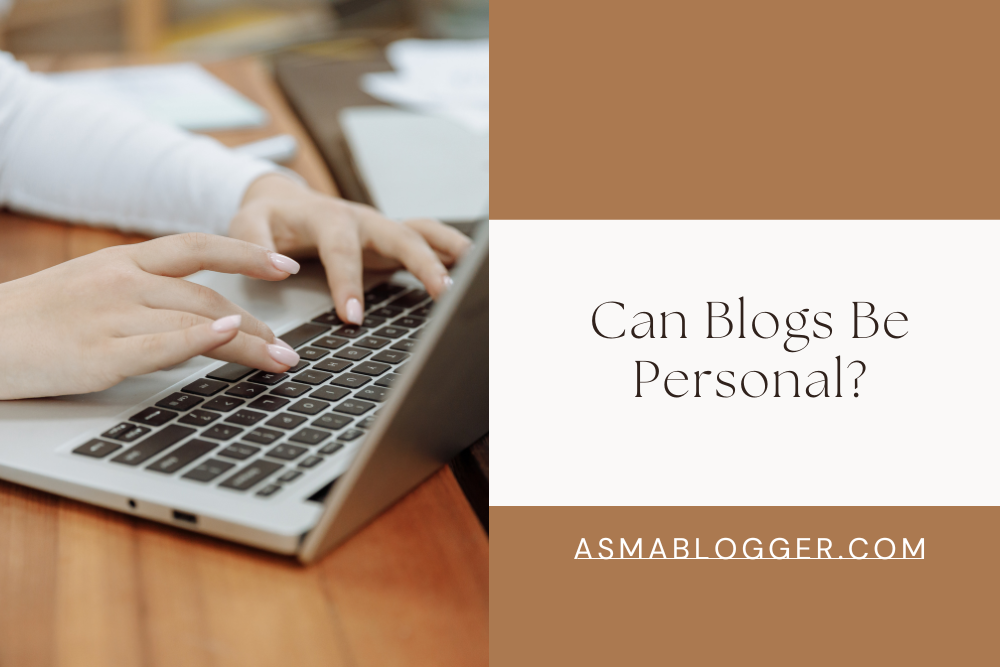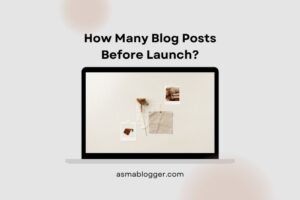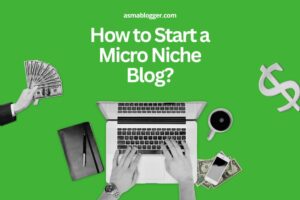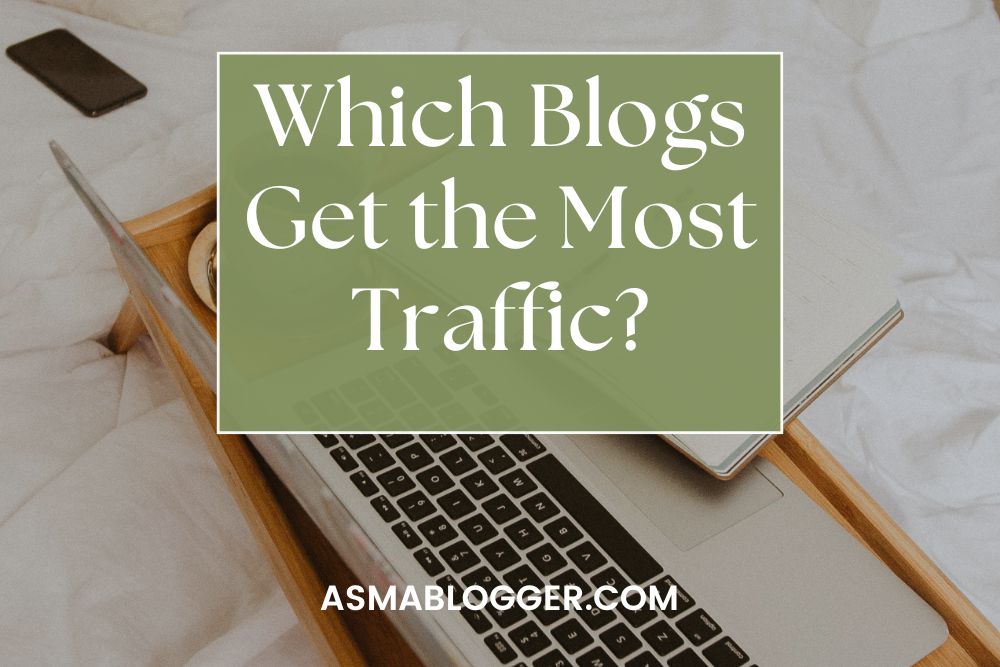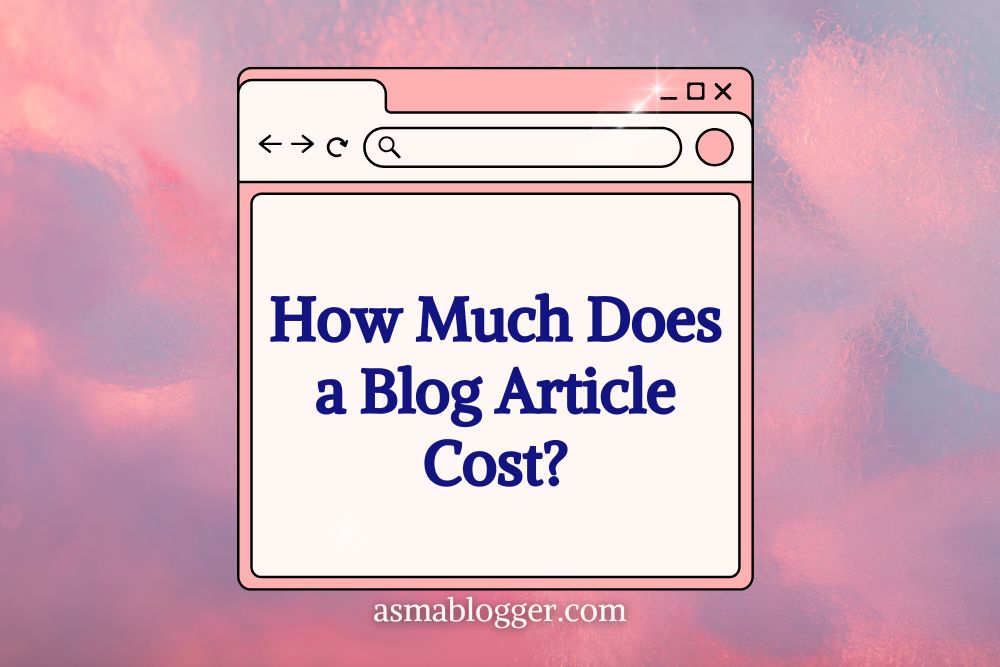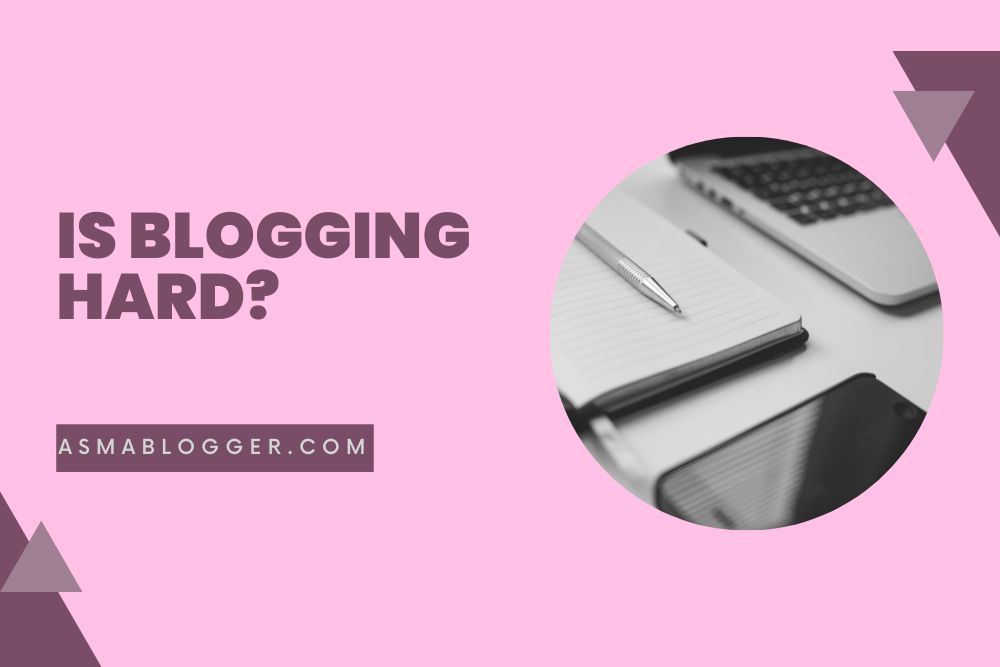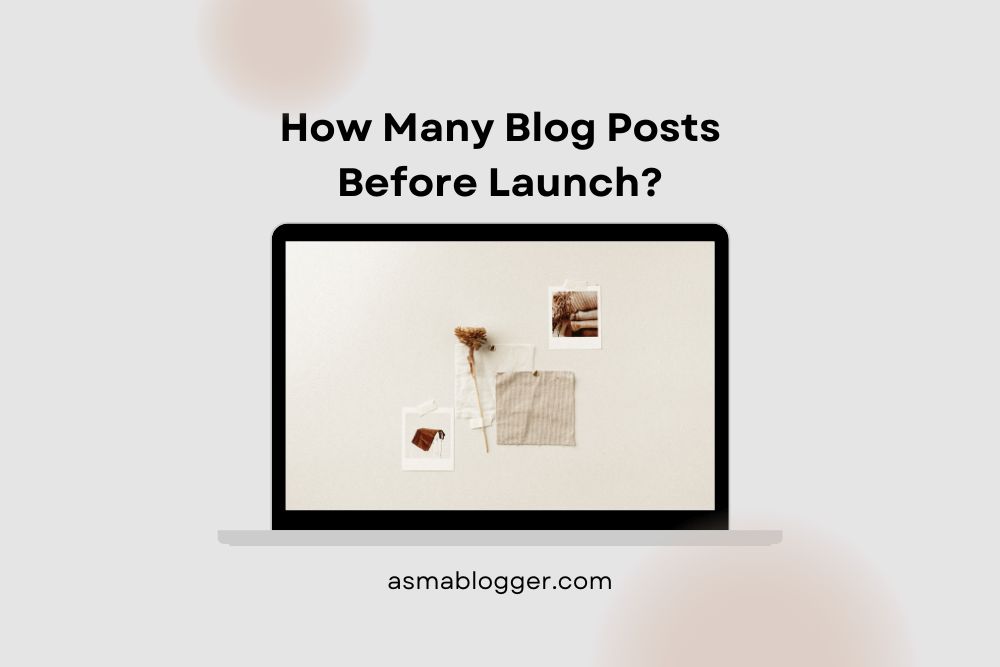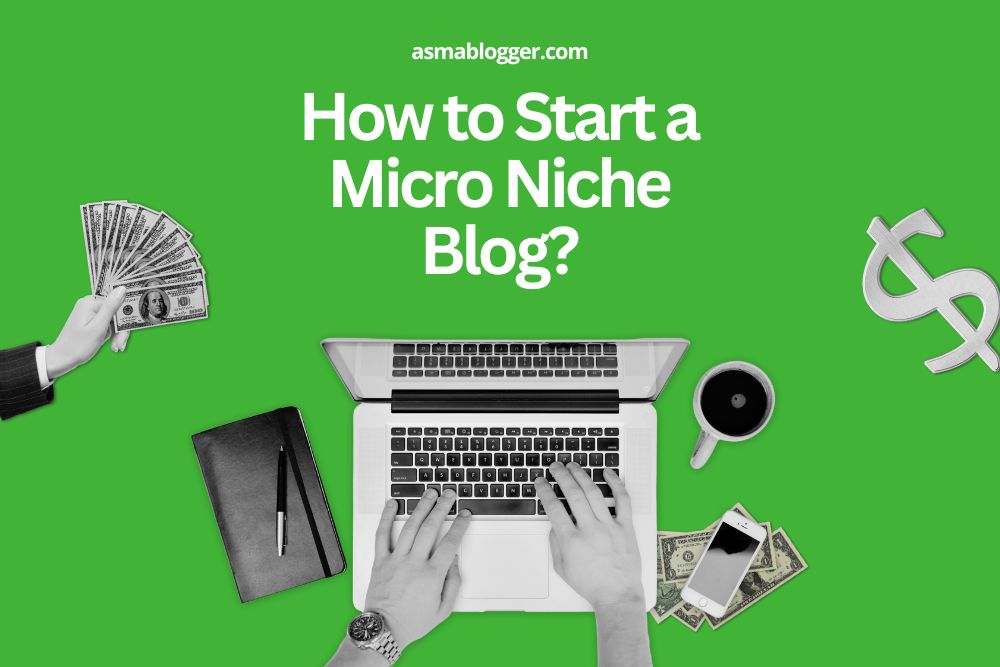Can blogs still be personal in a world dominated by niche content and professional branding? Absolutely, yes! In fact, 77% of internet users still read blogs regularly, many drawn to the raw, unfiltered voices that only personal blogs can provide. Whether it’s sharing your travel adventures or navigating daily challenges, personal blogs create a connection that feels like chatting with a friend. They’re a space for storytelling, reflection, and even a bit of venting. So, let’s dive into why personal blogging remains as relevant as ever—and how it can still feel like a cozy digital diary.
Table of Contents
ToggleWhat Is a Personal Blog?
A personal blog is like your own corner of the internet to share your thoughts, experiences, and passions. It’s a space for authentic self-expression, free from constraints.
The best part? You have the freedom to write about anything. One day it’s your perfected lasagna recipe; the next, it’s a tough life lesson. It’s not about impressing—it’s about expressing.

Why Personal Blogs Are Unique
- It’s All About You: Unlike a lifestyle blog, which often focuses on offering tips to readers, a personal blog revolves around your perspective. You could share how you reorganized your kitchen last weekend, not to teach someone how to do it, but to tell the funny story about how your dog decided to “help.”
- Unlimited Topics: Love traveling? Write about your last road trip. Passionate about books? Review your latest read. Or maybe you just want to share random musings on life—it’s all fair game.
- A Casual Tone: Personal blogs are like chatting with a friend over coffee. You don’t need to stress about perfect grammar or sounding professional (though, let’s keep it readable, okay?).
When I started my personal blog, I worried, “What if nobody cares?” But writing from the heart creates genuine connections. Over time, you can build a community of readers who relate to your content.
Benefits of Personal Blogging
Blogging offers more than just a platform to share your thoughts. It can enhance skills, open doors to new opportunities, and create meaningful connections.
Improved Writing Skills
When I started blogging, my writing was far from great. But writing regularly improved my flow, clarity, and even grammar. Don’t worry about perfection—just start, and the progress will follow.
Connecting with a Community
Blogging connected me with people who shared my interests. Whether it’s gardening, gaming, or baking, you’ll find like-minded individuals. It’s about real connections, not just followers.
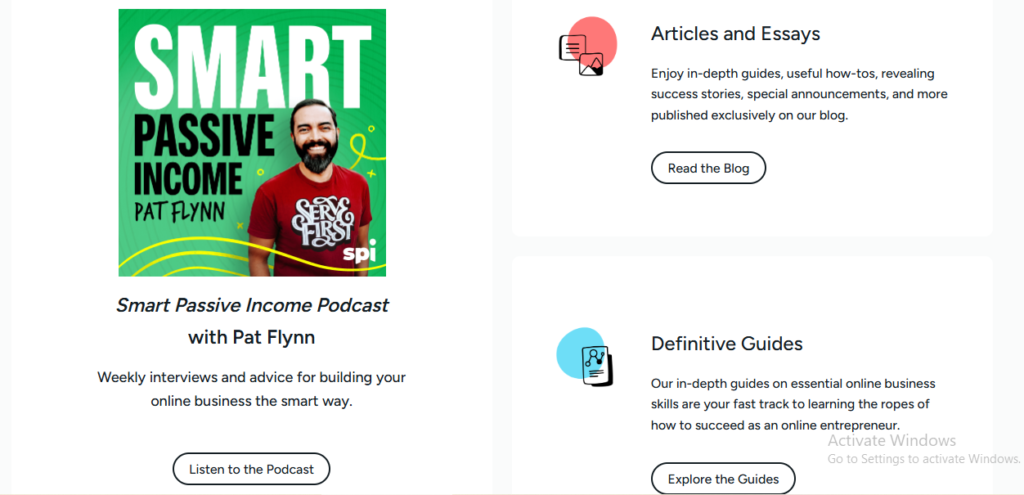
Creative Outlet
Blogging gives me a place to let my creativity run free. It’s like having your little corner of the internet to showcase what makes you, you.
Self-Reflection
Writing about my experiences helped me process things more deeply. When you write, you start to notice patterns in your life—what excites you, what frustrates you, and even what you might want to change.
Career Opportunities
Personal blogging can actually open career doors. A client of mine started a blog about their travels, and now they’re a freelance travel writer for big-name publications. Even if that’s not your goal, your blog can act as a resume that shows off your skills.
Quick Tips to Get Started:
- Choose a Topic You Love: If you’re not passionate, it’ll show. Write about something you can’t stop talking about.
- Be Consistent: You don’t have to post daily, but stick to a schedule—weekly, bi-weekly, whatever works.
- Engage With Readers: Respond to comments and join discussions. People appreciate that personal touch.
- Don’t Worry About Perfection: Your first posts might be rough, and that’s okay. Just get your ideas out there!
Personal Blogs Can Help Achieve Professional Goals
A personal blog can be more than a creative outlet—it’s a bridge to professional growth. Here’s how it can help you:
Demonstrate Expertise
Writing about topics in your field showcases your knowledge. For example, a detailed guide on content management can attract potential clients or employers who value your expertise.
Tip: Focus on a niche related to your career to build credibility.
Build a Personal Brand
Your blog’s voice reflects your professional identity. Consistent tone and style help readers connect with you and remember your work.
Tip: Align your tone with how you want to be seen professionally.
Related Post: What Tones Should You Use When Developing Content? Best Tips
Use It as a Portfolio
Your blog can be a proof of your skills and dedication. It’s a tangible way to highlight your expertise and accomplishments.
Tip: Add a section to showcase your best work or create a “Start Here” page for new readers.
Create Networking Opportunities
Blogs can spark connections. Comments, shares, and professional interactions often lead to collaborations or new opportunities. Your blog becomes a reflection of your expertise and personality, opening unexpected opportunities like collaborations or speaking gigs.
Tip: Share your posts on platforms like LinkedIn and ask thought-provoking questions to engage readers.
Related Post: Can You Use LinkedIn as a Blog? Pros, Cons, and Best Practices
Boost Visibility with SEO
Optimizing your blog for search engines helps attract readers, including potential employers or clients.
Tip: Use relevant keywords to make your content easier to find.
Related Post: Content-Centric SEO: A Comprehensive Guide
Keep It Professional
Your blog reflects your professional image. Avoid oversharing or posting anything that could harm your reputation.
Tip: Balance personal touches with content that aligns with professional standards.
How Personal is Too Personal When it Comes to Blogging?
Blogging is personal by nature. After all, we pour our thoughts, experiences, and knowledge into each post. But there’s a fine line between sharing enough to connect with your audience and oversharing to the point of discomfort—for you or them.
Keep Your Audience in Mind
When deciding how much to share, ask yourself: Who am I writing this for? If your audience comes to your blog for practical advice or inspiration, sprinkling in personal anecdotes can make your content relatable.
Does It Fit Your Blog’s Purpose?
Does your story fit your blog’s theme? If you write about travel, sharing how you met your partner on a solo trip might connect with readers. But a random rant about a bad neighbor? Not so much. Stories should enhance your message, not distract.
Ask Yourself: Why Am I Sharing This?
Before hitting publish, ask: Why am I sharing this? Aim to inform, inspire, or help your audience. For example, framing a breakup story as “What I Learned About Resilience” offers value, while a vent session doesn’t.
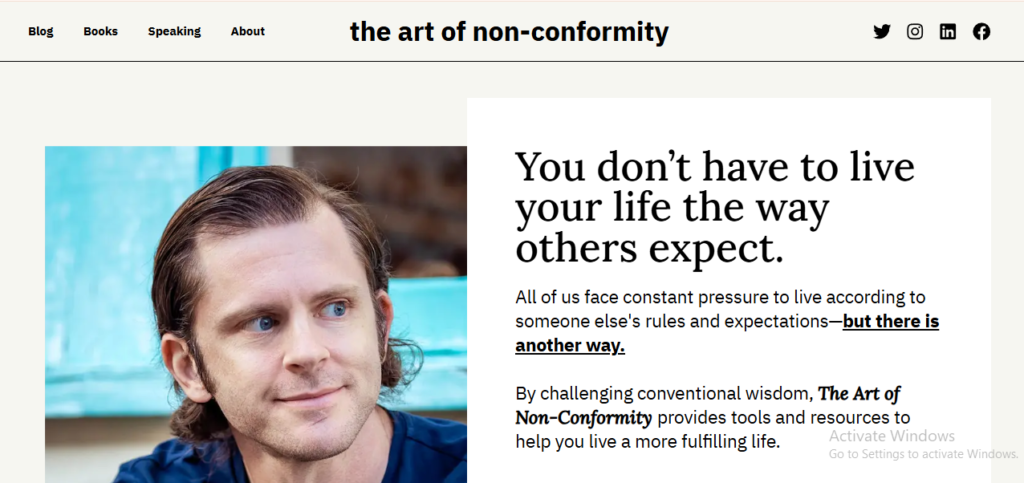
- Focus on lessons learned: People love stories they can relate to, especially when there’s a takeaway.
- Skip the naming and shaming: Keep your stories about your journey, not someone else’s missteps.
Challenges in Personal Blogging
Personal blogging might seem easy—just write what’s on your mind, right? But once you start, it quickly becomes clear: it’s not that simple. Here are some common hurdles I’ve faced while blogging:
Defining Your Niche: What Are You Really About?
Finding a clear niche is tough. When I started, I wanted to write about everything—freelancing, blogging, Fiverr—but that scattered focus confuses readers. You need to stand out, not blend in.
What worked for me:
- List your top 3 passions and find overlap.
- Test topics early on and focus on what gains traction.
- Don’t be afraid to pivot as you grow.
Content Quality: Not Every Post Will Shine
Not every post will be a masterpiece. Writing consistently engaging content is time-consuming and sometimes discouraging, especially when it feels like no one is reading.
Tips:
- Keep a running list of ideas to avoid blank-page syndrome.
- Repurpose old content by updating or optimizing it for SEO.
- Remember: Sometimes “done” is better than perfect.
Staying Consistent (Even When Life Gets in the Way)
Life happens, and sticking to a blogging schedule can feel impossible. One week I’m productive, and the next, nothing gets done.
Workarounds:
- Start small—commit to one or two posts a week.
- Schedule posts ahead of time to cover busy periods.
- Be transparent with readers if you need a break.
Dealing with Negative Feedback (aka “The Troll Factor”)
Let’s be real: the internet is full of people who think their opinion is gospel. My advice?
- Respond with kindness or not at all. Feeding trolls never ends well.
- Filter comments if needed—your blog, your rules.
- Focus on the positives. For every troll, there’s usually a kind soul cheering you on.
That said, don’t ignore valid constructive feedback. It’s how you grow.
Balancing Privacy with Authenticity
This one’s tricky. I love sharing personal stories, but I’ve learned to set boundaries. Oversharing can lead to regrets or, worse, unwanted attention.
What I do now:
- Never write about people without their permission.
- Keep some topics off-limits.
- If in doubt, don’t post it.
The Technical Stuff: SEO, Platforms, and Analytics
- Use simple SEO tools like Yoast or Rank Math. They guide you through optimizing your posts.
- Learn basic platform skills. WordPress, Squarespace—pick one and get comfy.
- Watch free tutorials on YouTube for stuff like Google Analytics.
It’s overwhelming at first, but trust me, you’ll get the hang of it.
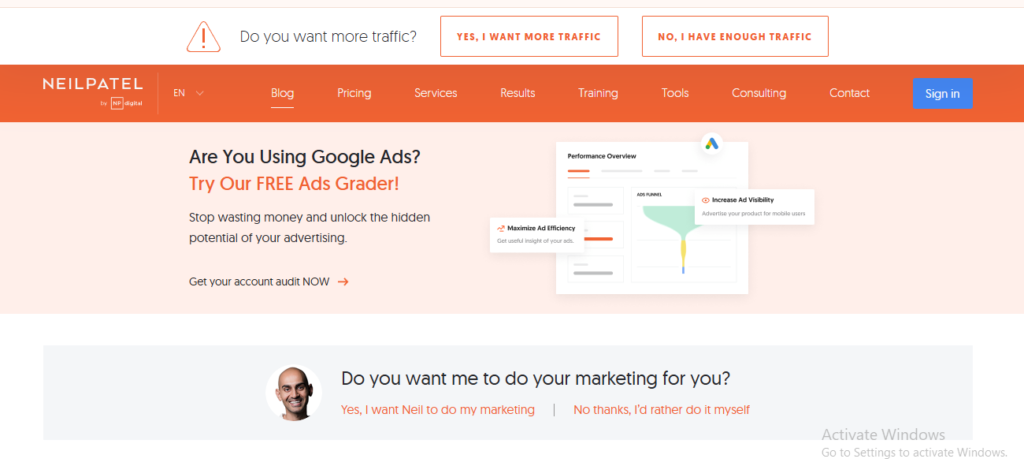
Staying Motivated When Nobody’s Reading
The hardest days are when you pour your heart into a post, and it feels like shouting into the void. No likes, no comments, just…crickets.
Here’s how I push through:
- Write for you first. If you enjoy it, someone else probably will too.
- Celebrate small wins—like when your first post hits 100 views.
- Join blogging communities. The support is priceless.
How to Start and Maintain a Personal Blog?
Here’s everything I’ve learned about getting a blog off the ground and keeping it alive.
Finding Your Niche
Figure out what your blog is all about. It doesn’t have to be groundbreaking, but it should excite you. Love cooking? Share those secret family recipes. Obsessed with fitness? Start a wellness blog. My advice: think about what you can write about for hours without getting bored, then narrow it down to something specific.
Why a niche matters:
- You’ll attract a targeted audience.
- It helps you stand out in a sea of generic blogs.
- It makes content planning way easier.
- It’s easy to monetize.
The best part? Can blogs be personal? Absolutely! Your unique perspective is what makes your blog special.
Choosing a Platform and Blog Name
I went with WordPress because it’s versatile and beginner-friendly, but platforms like Wix and Squarespace are great too if you want something drag-and-drop.
As for your blog name:
- Make it simple and memorable.
- Reflect your niche or personality.
- Double-check the domain is available
Designing Your Blog
Think of your blog’s design as the “first impression.” Choose a clean, easy-to-navigate template that fits your vibe. If you’re blogging about travel, go for something that showcases visuals. For a parenting blog, maybe something warm and inviting.
- Use a color palette that aligns with your niche (bright for fun, neutral for serious).
- Keep fonts readable.
- Make sure your blog is mobile-friendly—most readers will visit from their phones.
Writing and Publishing Content
Write about what you know, but also what your audience wants to learn. A content calendar can keep you consistent and prevent those “What should I write about?” panic moments.
- Start with a killer headline (Google loves them, and so do readers).
- Write conversationally, like you’re chatting with a friend.
- Add visuals—photos, infographics, or videos—to break up text.
And don’t forget SEO. Use keywords naturally (like “Can blogs be personal?”)and optimize your headings, meta descriptions, and URLs.
Promoting Your Blog
Share your posts on social platforms, join blogging communities, and email your audience to check it out.
- Engage with readers in the comments section.
- Collaborate with other bloggers through guest posts.
- Build an email list early.
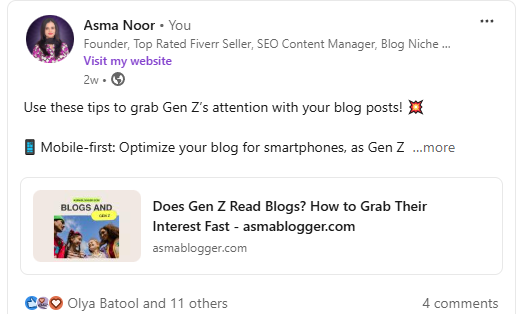
Related Post: How to Promote Your Blog Without Social Media: Tested Strategies
How to Build a Blog Following? Expert Tips
Maintaining Your Blog
Update old posts with fresh info, track analytics to see what’s working, and don’t be afraid to pivot your content if needed.
- Burnout is real. Take breaks if you need to.
- You’ll never be “done” improving your blog—and that’s okay.
- Celebrate small wins, like your first comment or reaching 100 views.
Future of Personal Blogging
The future of personal blogging is evolving, shifting from basic journals to interactive platforms. Trends like authenticity, multimedia, and AI integration are reshaping how bloggers connect with readers. Here’s what’s ahead and how to adapt.
1. Authenticity Is Key
People are drawn to real stories. Sharing vulnerable moments, like when I almost quit blogging after some failures, has resonated with my audience more than polished, generic posts.
Share both wins and struggles—readers appreciate honesty.
2. AI as Your Assistant
AI tools are revolutionizing blogging by streamlining processes like idea generation, SEO optimization, and content outlines. I’ve used AI to save hours while keeping my voice intact.
Let AI handle repetitive tasks like keyword research, making outlines, etc., but ensure the final content reflects your personal style.
3. Use of Multimedia
Blogging isn’t just text anymore. Videos, infographics, and podcasts boost engagement significantly. Start small if you’re new to multimedia—simple case studies or ebooks can make a difference.
4. Niche Focus for Growth
Trying to appeal to everyone doesn’t work. When I honed in on a specific niche, my audience grew.
Identify what you’re passionate about and go deep. Whether it’s senior pet care or solo travel, your niche audience will find you.
5. Building Community
Blogging is no longer one-sided. Encouraging comments, responding to readers, and engaging on social media have helped me build stronger connections.

Simple actions, like ending posts with questions or sharing blog snippets on social media, create loyal followers.
6. Mobile and Voice Optimization
Most readers use mobile devices, so a seamless mobile experience is crucial. Voice search is also gaining traction—optimizing for conversational queries like “How do I start a blog?” is essential.
Ensure your blog loads quickly and is easy to navigate on smaller screens to keep readers engaged.
Overcoming Challenges
- Content Overload: Stand out by focusing on your unique perspective.
- Algorithm Changes: Create valuable content instead of chasing every update.
- Authenticity vs. Privacy: Share enough to connect but maintain boundaries for personal comfort.
Related Post: Is It Too Late to Start Blogging? Your 2024 Guide to Success
Conclusion: Can Blogs Be Personal?
Personal blogs are still a vibrant space for authenticity, creativity, and connection. They let us share our stories, reflect on experiences, and build a community with readers who value genuine voices. Whether you’re writing about travel, hobbies, or personal growth, your blog can be a powerful tool for expression and even visibility online. So, why not start or revive your personal blog today? Share your journey in the comments—I’d love to hear from you! Need help creating or managing your blog? I’m here to provide professional blogging services tailored to your needs.

